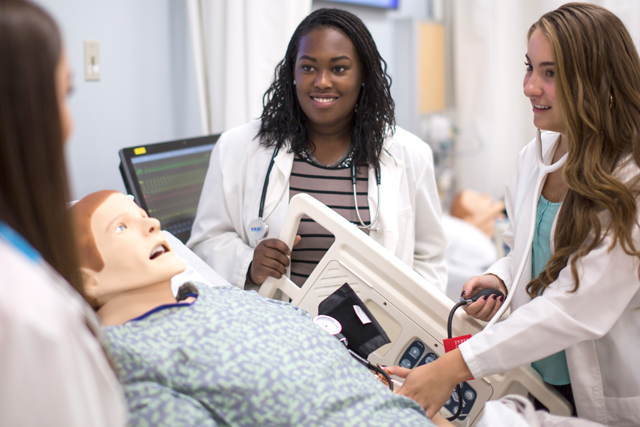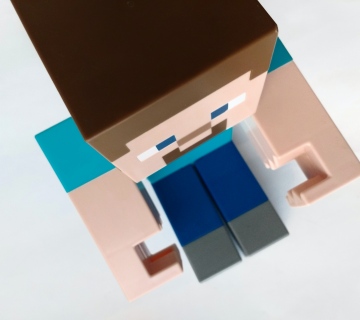About 2.6 million Americans worked as registered nurses in 2008, making this the nation’s largest healthcare occupation, according to the Bureau of Labor Statistics. The agency expects nursing job opportunities to grow 22 percent between 2008 and 2018 (source). To begin their careers, registered nurses often secure a bachelor’s degree, associate degree or diploma. Established nurses may pursue a higher level of education to open the doors for career advancement. Those hoping to begin or further a healthcare career in New Jersey can find several colleges and universities with schools of nursing.

The College of New Jersey
Located in the central New Jersey town of Ewing, the College of New Jersey offers bachelor’s and master’s degrees in nursing, as well as post-master’s certifications. Undergraduate degree classes include holistic health assessment, statistics, childbearing family science and wellness promotion. You’ll need 128 credits to complete the bachelor’s degree. Classes are held only on weekdays and on campus. The school says its average nursing class contains 15 to 30 students. Students complete five structured clinical experiences that include work in local hospitals, clinics and doctor’s offices. Master’s degree programs include clinical nurse leader and nurse practitioner offerings.
Rutgers University
Students find a full spectrum of nursing education options at Rutgers University, including a bachelor’s, master’s and Ph.D. program. Students can also receive a doctor of nursing practice degree. Rutgers offers the undergraduate degree at its Newark and New Brunswick campuses. Trends in healthcare delivery, nutrition and health, microbiology and the health and illness of adults rank among the courses for a bachelor’s degree. Undergraduates need 125 credits to graduate. Students can focus their master’s degree in several areas, including community health nursing, advanced practice in pediatric nursing and psychiatric mental health nursing.
Seton Hall University
In addition to its bachelor’s degree program, Seton Hall University offers 10 graduate degrees and three post-master’s certificates. Master’s programs include concentrations for pediatric, gerontological and adult nurse practitioners, school nurses, health administrators and nursing educators. Students can also earn a Ph.D. in nursing or a doctor of nursing practice degree. Bachelor’s degree students must complete 125 credit hours. Classes include dying with dignity, maternal newborn nursing, health promotion and the legal aspects of nursing. Seton Hall University is located in the northern New Jersey town of South Orange.
Fairleigh Dickinson University
Students can achieve a bachelor’s or master’s degree in nursing at Fairleigh Dickinson University, along with a doctor of nursing practice degree. The bachelor’s program welcomes full-time and part-time students. It requires 128 credits for graduation, and its focuses include psychiatric nursing, healthcare economics, bioethics and healthcare management (similar to WGU Nursing program). The school says its master’s program prepares students to become nurse practitioners, forensic specialists, nurse educators or leaders and nurse information system specialists.



